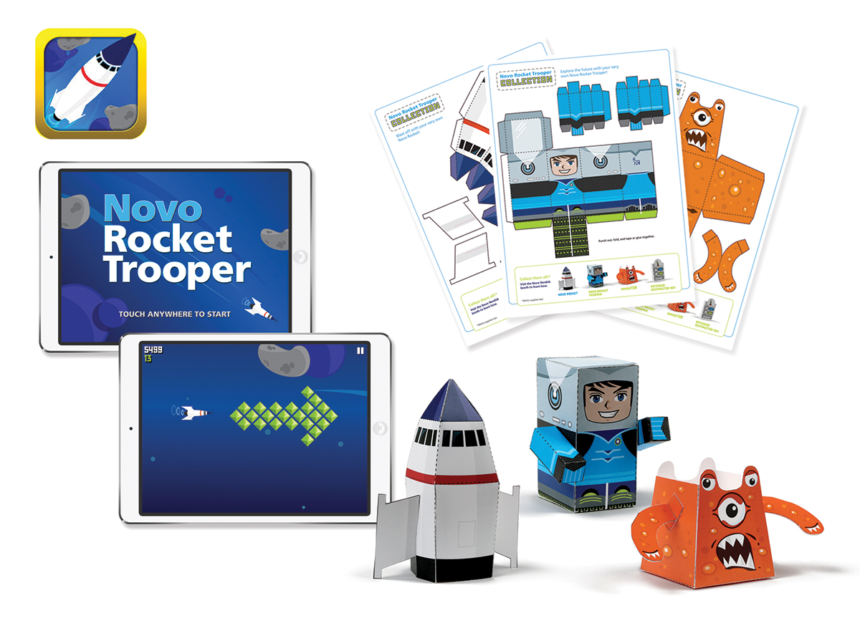President Chuck Wagner describes CDM Princeton as a tightly integrated agency focused on empowering employees to think creatively and giving them autonomy to customize the way they service individual clients.
 “[We believe] everyone has great ideas and great ideas come from anywhere,” he says. “We’ve built teams to have autonomy around the business they manage. Group leaders decide how they staff that business, including hiring and promoting. We charge them with building a team that’s the absolute best for their clients’ business.”
“[We believe] everyone has great ideas and great ideas come from anywhere,” he says. “We’ve built teams to have autonomy around the business they manage. Group leaders decide how they staff that business, including hiring and promoting. We charge them with building a team that’s the absolute best for their clients’ business.”
Executive creative director Ashley Schofield says the approach has led to real entrepreneurial spirit on all client teams. And, she adds, it contributes to employees’ professional growth.
In 2013 the agency tightened its focus on specialty brands and is committed to a holistic approach.
 “Beyond how teams are operating, the idea is that it’s very difficult to just be an agency that specializes in one customer stakeholder like HCPs,” Wagner explains. “Payers, patients and KOLs all have a voice in what’s happening. We have a long legacy of great HCP work, but we’re bringing more value to clients by [delivering] thinking into other customer stakeholders.”
“Beyond how teams are operating, the idea is that it’s very difficult to just be an agency that specializes in one customer stakeholder like HCPs,” Wagner explains. “Payers, patients and KOLs all have a voice in what’s happening. We have a long legacy of great HCP work, but we’re bringing more value to clients by [delivering] thinking into other customer stakeholders.”
“We’re aggressively training employees to learn how to think this way,” Schofield adds. “We’ve developed tools we use with clients as well to get that thinking on paper. All influencers are interconnected and understanding motivations and barriers is an interesting way to think because you get very deep into what it means to get specialty products into patients’ hands.”
Wagner reports revenue was up from about $26 million in 2013 to about $30 million. He expects it to exceed $30 million ending 2015.
Head count has remained steady at about 115. Wagner expects staff to increase this year.
Recent new business came in from existing client Shire in late 2013 / early 2014. Wins included launch indication work on four total brands that span neurosciences and ophthalmology. Wagner says scope of work also expanded with long-time clients Gilead and AstraZeneca. He reports no losses.
This year the agency pitched and won work on four Teva oncology brands and promotion of the overall oncology portfolio.
Schofield says it was a big year for digital work, including digital analytics, and the agency is increasingly helping clients manage data flows. She notes the digital group doubled in size last year to about 25 and it’s an integral part of all client teams.
In terms of industry challenges, Wagner says clients need efficiency more than ever.
“The speed and efficiency with which clients are demanding work is definitely shaping how we do things,” he explains. “Clients are under their own pressures to perform, and that trickles down to our work. We have to be smart and efficient.”
Both Wagner and Schofield are excited about helping employees think in inventive ways.
“We’re holding ourselves all responsible for inventing ideas and approaches to help clients’ brands be successful,” Wagner says. “We’re changing [employees’] mind-set about what they do for a living. We want them to think about what they can invent. For a copywriter that may be a new way to communicate to a stakeholder audience.”
Plans include speaker programs and possibly art exhibits at the agency. “We’re doing everything we can to inspire broad thinking,” Wagner notes.
From the July 01, 2015 Issue of MM+M - Medical Marketing and Media








